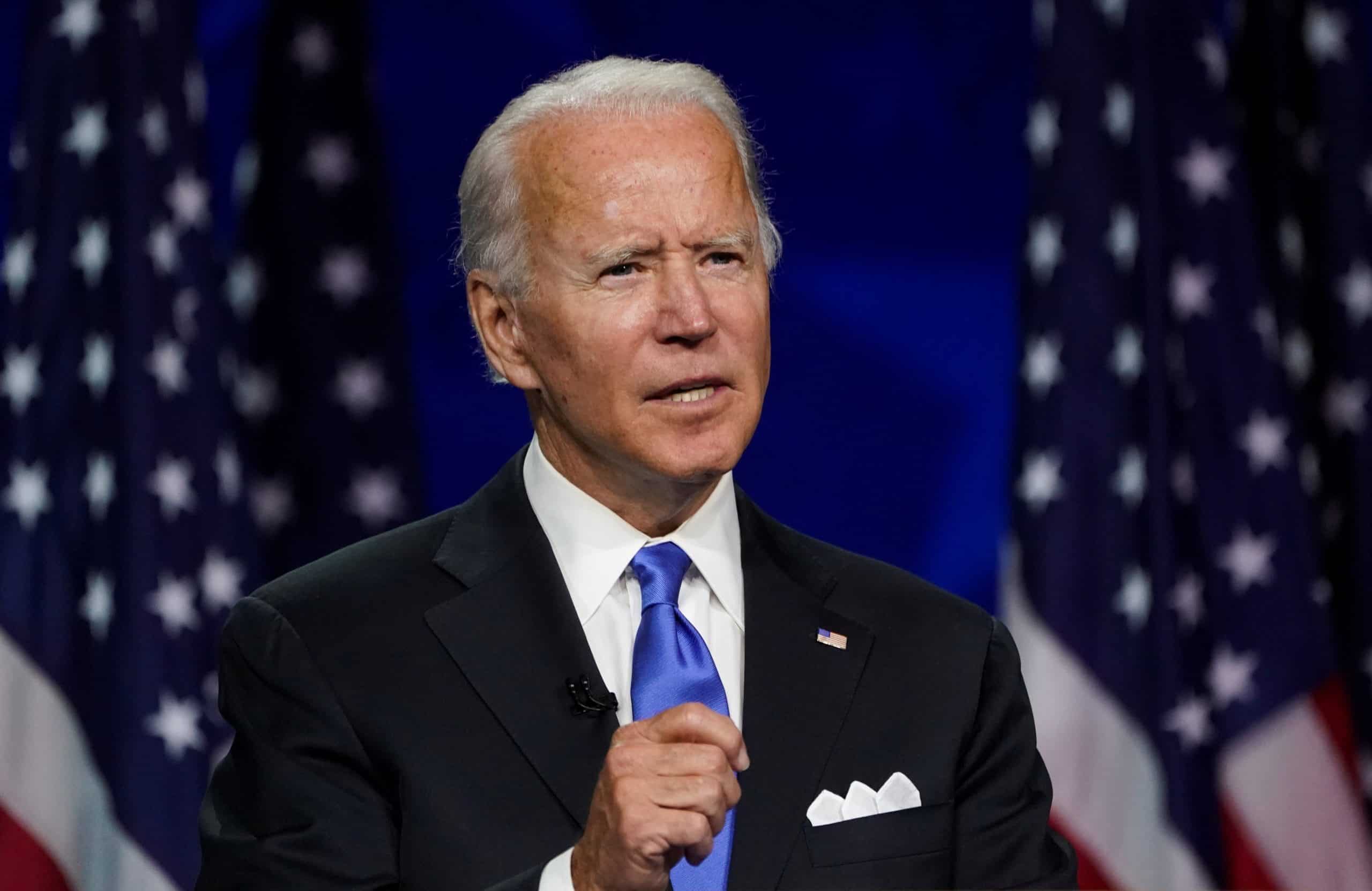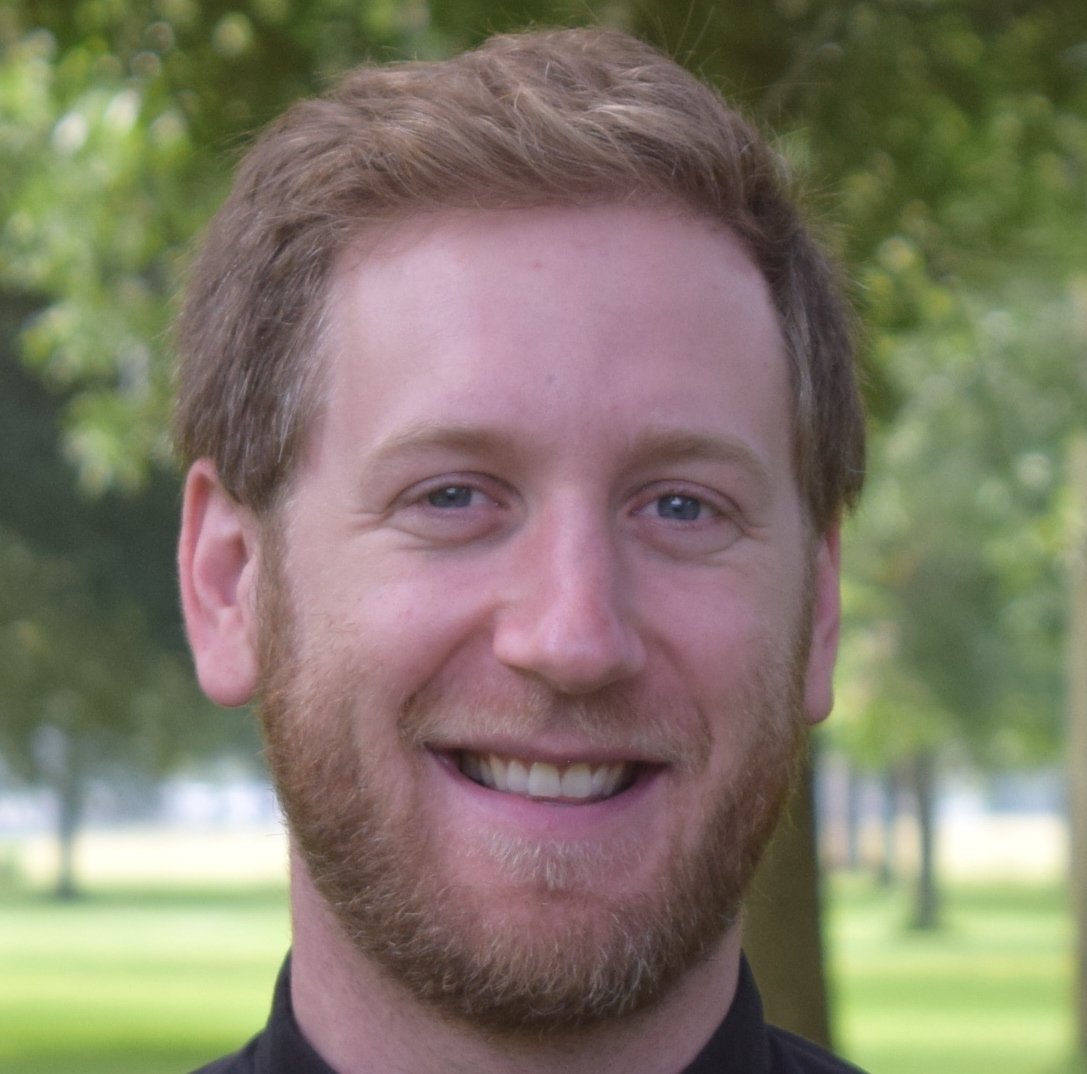Editors’ Note: This is one of a pair of letters written to the major party candidates for president. See the letter to President Trump here.
Dear Vice President Biden,
We have been wanting to write to you for some time now to share our thoughts with you as fellow Catholics. Our hope in writing this open letter is that you might be moved by a concern that we and many other Catholics share. We would like to see a day in our nation when the God-given dignity of every human life is honored. Like many Catholics, we are concerned by the onslaught of attacks on human dignity: racism, unjust treatment of migrants, militarism, nuclear proliferation, mass incarceration, capital punishment, and environmental degradation, to name only a few. You have expressed concern about some of these evils, and for this reason, many Catholics support you.
However, we need to talk about abortion. It is clear from your record and past comments that your position on this issue has fluctuated with much interior struggle. You have stated that you believe, as a matter of faith, “that at the moment of conception there’s human life and being,” however, you are “not prepared to say that to other God-fearing, non-God-fearing people that have a different view.”
First, if your intention is to avoid imposing upon the consciences of citizens, then we must challenge your support for public funding for abortions, which compromises the moral freedom of those taxpayers who object to participating in grave evil.
Second, if, as you say, the child in the womb of her mother is a human being, your silence on her behalf allows her life to be thrown away. Why does her life not count? To maintain a consistent position on the value of human life, we think that you ought to agree that the denial of the humanity of certain persons perpetuates unjust attitudes and structures throughout our society that make their lives disposable. As Pope Francis asks, “How can we genuinely teach the importance of concern for other vulnerable beings, however troublesome or inconvenient they may be, if we fail to protect a human embryo, even when its presence is uncomfortable and creates difficulties?” (Laudato Si’, 120)
Solidifying this connection between the dignity of the unborn and universal human rights, Pope Francis writes, “Defense of unborn life is closely linked to the defense of each and every other human right. It involves the conviction that a human being is always sacred and inviolable, in any situation and at every stage of development. Human beings are ends in themselves and never a means of resolving other problems” (Evangelii Gaudium, 213). We know that this is the way that Christ loved all whom he encountered, especially those on the margins, as persons not as problems. With this in mind, we want to point out the ways in which the violence of abortion targets the poor, racial minorities, and people with disabilities ostensibly as a means of remedying social problems.
Many who support abortion rights advocate for the elimination of poverty by eliminating people, an attitude reflective of the eugenicist leanings of Margaret Sanger and other framers of the abortion rights movement. This history and reality of this connection is only recently being acknowledged by abortion rights advocates. In the U.S. in 2014, some 75% of women who received an abortion came from low-income or impoverished families. 28% were Black and 25% Hispanic. The overrepresentation of such women among abortion recipients indicates our society’s failure to support them, a failure that drives them towards a soulwrenching choice. When it comes to disabilities, even the lowest estimates show that at least 50% of prenatally diagnosed Down syndrome children are aborted. Sadly, it has become easier to discard a child who is poor, Black, or disabled rather than to take on the noble task of providing for the basic needs of their families.
We have been saddened to see you and other Catholic Democrats tow the party line as it becomes ever more extreme in its support of abortion not only as a limited, rarely exercised matter of conscience but as a fundamental, easily accessible health care right. In the past you expressed your opposition to taxpayer funding for abortions domestically and abroad in order to protect the rights of conscience of those who are morally opposed to abortion. Today, unfortunately, that is no longer your public stance. The same can be said of your position on late-term abortions. Instead of rising to the call to work for bipartisan solutions and unite citizens in a shared concern for the lives of the most vulnerable and for the dignity of women—women who deserve better than abortion—you have chosen an extreme platform that further divides us.
Borrowing language from your religious belief, you speak of a “battle for the soul of the nation.” It seems to us that this is your opportunity to be a prophetic witness, to show the character of your soul, and take a stance for what is right even when it costs you. In good conscience, how can you choose the dogma of your political party over your conviction that a human life exists in the womb?
Over the years, we have been listening, and we’ve heard you speak with sincerity about your Catholic faith. In 2015 when many were pressuring you to run for the presidency, you did not listen to the voice of your supporters, but rather expressed a sense that God was calling you to something else. We see this as evidence that you are a man of discernment, so we encourage you to listen to the voice of God in your life.
Maybe it will resound in these words of Pope Francis:
It is not “progressive” to try to resolve problems by eliminating a human life. On the other hand, it is also true that we have done little to adequately accompany women in very difficult situations, where abortion appears as a quick solution to their profound anguish, especially when the life developing within them is the result of rape or a situation of extreme poverty. Who can remain unmoved before such painful situations? (Evangelii Gaudium, 214)
No matter the outcome of the election, we hope that you will be moved to use your platform to promote and defend the dignity of all human life.


